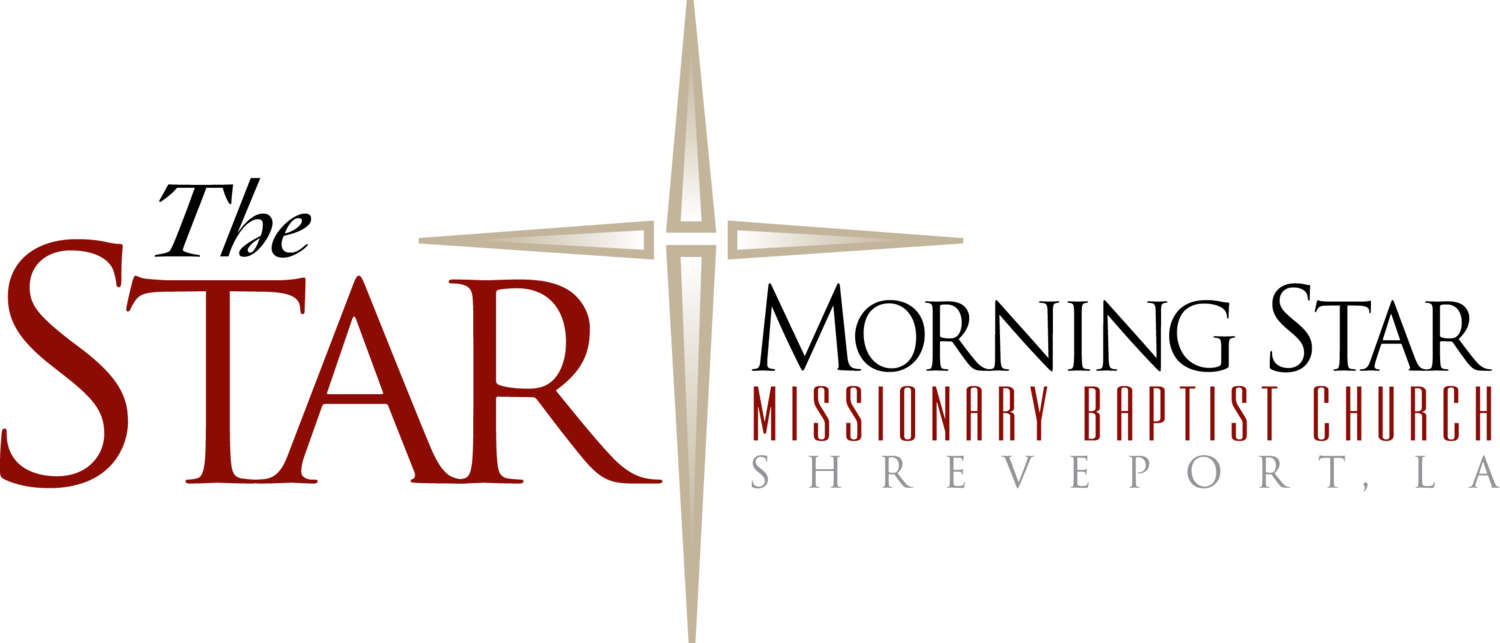**Title: Embracing the Divine Pattern: A Call to Transformative Prayer**
In a world where chaos often seems to reign, the call to prayer becomes not just a spiritual exercise but a revolutionary act. This past Sunday, we delved into the profound teachings of Jesus on prayer, as captured in Luke 11 and Matthew 6. The sermon reminded us that prayer is not merely a backup plan or a ritualistic recitation but a powerful, transformative dialogue with our Creator.
**The Master Key of Prayer**
The sermon began with a compelling analogy of a master key—one that opens all doors. Jesus, in teaching His disciples to pray, offers us this master key. The disciples didn’t ask Jesus to teach them to preach or lead; they asked Him to teach them to pray. Why? Because they recognized that every public miracle was powered by a private conversation with God. Prayer is the master key that unlocks the doors to divine intervention and transformation.
**When You Pray, Not If**
A significant takeaway from the sermon was the emphasis on "when you pray," not "if you pray." This subtle yet powerful distinction underscores the expectation of engagement and obedience. Prayer is not optional for believers; it is a divine expectation. Revelation without application is merely information. Thus, the call is to move beyond theoretical discussions of prayer to actual, transformative practice.
**Our Father: A Revolutionary Address**
The prayer Jesus taught begins with "Our Father," a phrase that is both radical and relational. It challenges us to see beyond privatized faith and embrace a communal relationship with God. This address rejects hierarchy and claims family, reminding us that we are all children of the same Father, regardless of race, status, or background. It calls us to live in a way that reflects God's justice and love for all His children.
**Prioritizing God's Will**
Before we present our petitions, the prayer model teaches us to prioritize God's will. "Hallowed be your name, your kingdom come, your will be done" sets the stage for adoration before petition. It is a call to align our desires with God's purposes, to seek His kingdom and righteousness above all else. This alignment transforms our prayers from mere requests to acts of worship and submission.
**Provision, Forgiveness, and Deliverance**
The prayer then moves to our needs: "Give us today our daily bread." This is a call for dependence on God for our daily sustenance and a reminder of the theological significance of addressing hunger and justice. It also includes a plea for forgiveness and deliverance, recognizing our need for mercy and liberation from both personal and systemic evils.
**The Power of a Praying Church**
The sermon concluded with a powerful illustration from Acts 4, where the early church, faced with threats, prayed for boldness rather than escape. Their prayer shook the place where they gathered, symbolizing divine confirmation and empowerment. This is the endgame of prayer—not polished religion but public transformation. When the church prays as Jesus taught, the city will feel it, and heaven will shake the structures that bind us.
**A Call to Action**
As we reflect on this sermon, let us commit to embracing this divine pattern of prayer. Let us whisper "Our Father" daily, aligning our hearts with His will and seeking His kingdom above all. Let us pray with the expectation that God will shake the foundations of injustice and transform our communities. In doing so, we become not just recipients of God's grace but active participants in His redemptive work in the world.
May we be a church that prays with boldness, lives with purpose, and loves with the heart of our Father. Amen.


